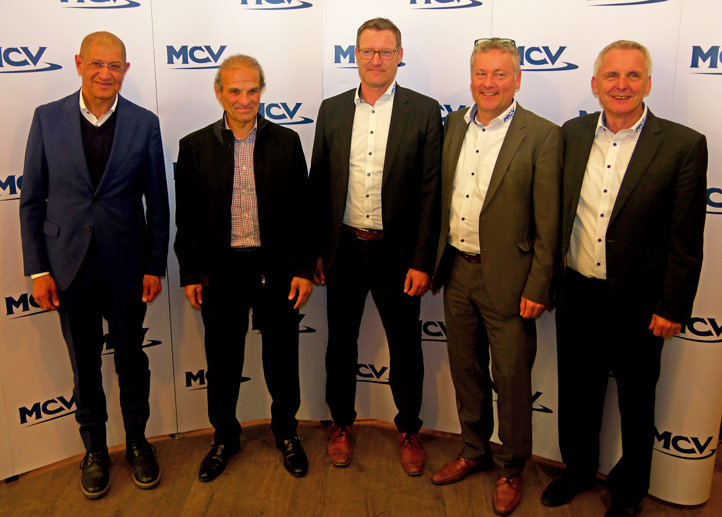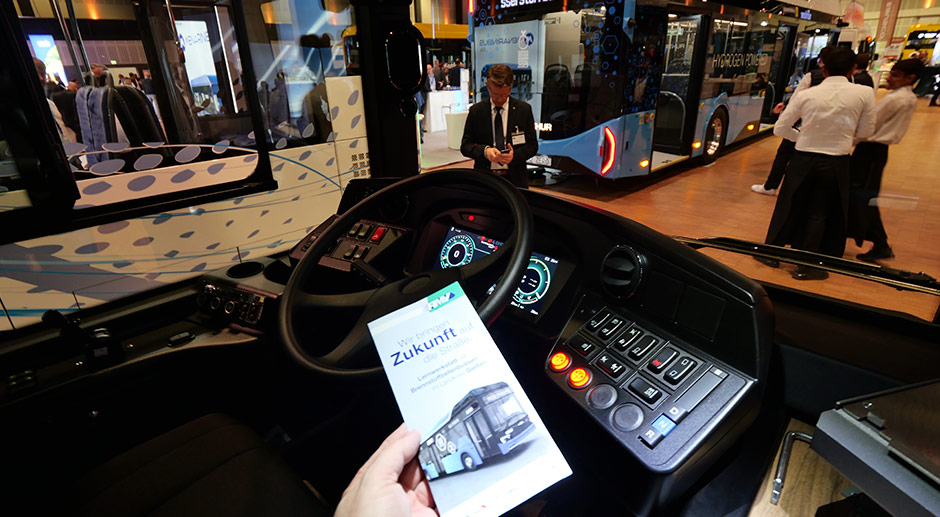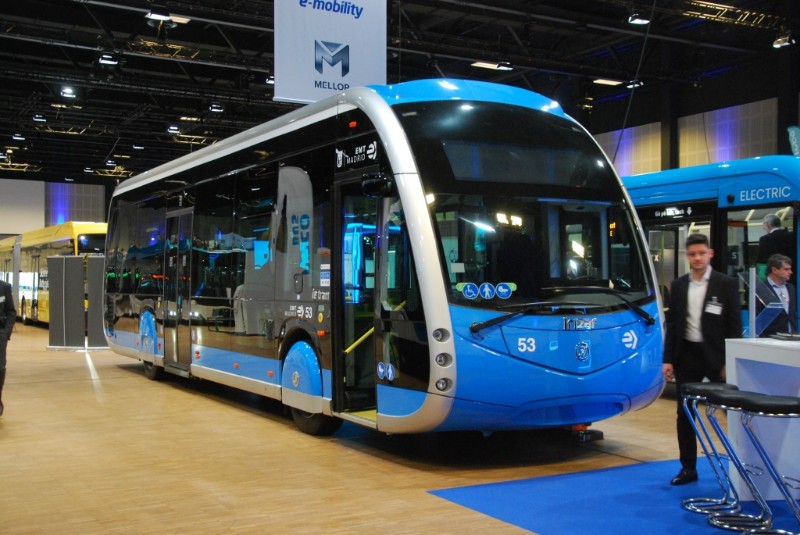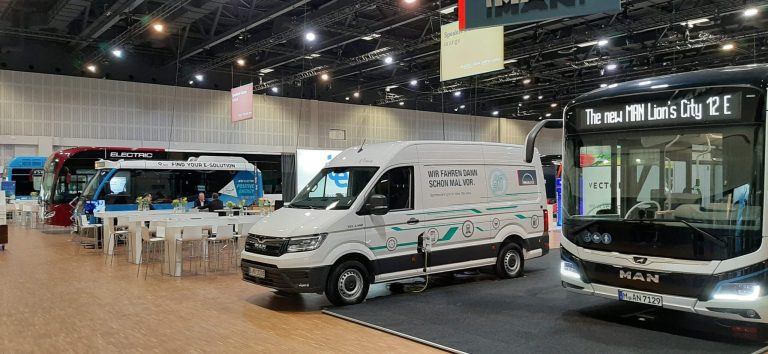The Egyptian manufacturer, Manufacturing Commercial Vehicles (MCV), is entering the continental European market. The OEM has developed a bus specifically for clients in Germany and has already founded a subsidiary, MCV Deutschland GmbH, for sales, after-sales, and services.
The official presentation of the integral, fully electric twelve-meter low-floor bus will take place in March at the company’s ‘Germany center’ in Meschede, North Rhine-Westphalia. Still, the company has revealed the first details in advance.
New German subsidiary
The Egyptian manufacturer’s German subsidiary is to focus on the sale and maintenance of zero-emission city and intercity buses. These electric buses will be offered in versions with purely battery-electric and hydrogen fuel cell systems. MCV also has international subsidiaries in Great Britain, the United Arab Emirates, South Africa, and Singapore.
The model for the German market is called C127 EV and is not just a chassis body. For the UK market, MCV uses the BEV base from Volvo Bus. According to the marketing manager at MCV Deutschland GmbH, Jochen Grau, the electric bus has been redeveloped for the German market as a completely independent product.
Technical data
In the run-up to the debut, Grau has revealed several insights into the model’s technical data sheet. Battery packs with a capacity of 308 kWh, 385 kWh, or 462 kWh can be installed on the roof of the new electric bus. MCV is installing liquid-cooled LiNMC batteries from Forsee Power, with “up to 5 000 possible charging cycles”.
For the drive, MCV relies on a central electric motor from Actia with a peak power of 250 kW and a maximum torque of 3 000 Nm. “From the beginning, we kept the German market and its needs in mind during development,” Grau emphasizes. Accordingly, the C127 EV conforms to VDV guidelines. VDV is the Association of German Transport Companies with about 600 members.
With a maximum axle load of 11,5 tons, the two-door version can carry 85 passengers, 37 seated and 45 standing. In the case of the three-door model, the increased standing room makes it possible to carry 90 passengers.
The German MCV subsidiary has announced a hydrogen fuel cell version in addition to the battery-electric bus. For this reason, there will be an H2 filling station on the service grounds of the German subsidiary, for which the company says the planning has already been completed. The new location in Meschede shall be geared to the needs of alternatively powered commercial vehicles and will be completed shortly.
About MCV
MCV is active worldwide. With plants in Egypt, Singapore, and South Africa, the manufacturer represents a global player in the bus market. At the same time, MCV buses already have a German element since they are based on a Mercedes-Benz chassis.
MCV was founded in 1994 as a general agency of Daimler and has continuously adapted to market needs ever since. Experience from the CKD assembly of buses was helpful. In 2006, production began under the company’s brand name.
MCV manufactures about 10 000 buses and 1 500 trucks annually in Egypt. The portfolio includes city buses, intercity buses, coaches, and trucks for various applications.
MCV employs approximately 6 000 people worldwide and has an international presence in more than 50 different countries worldwide. The company claims to export about 60% of its annual production.





